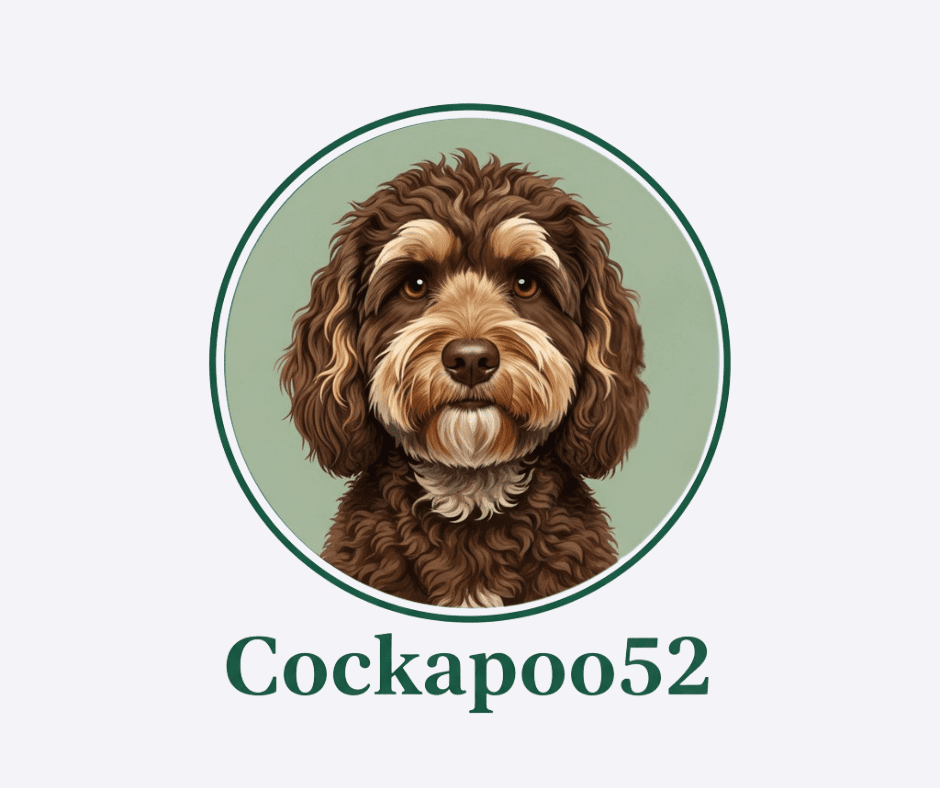5 bad things about owning a Cockapoo
Posted on 17th September 2025
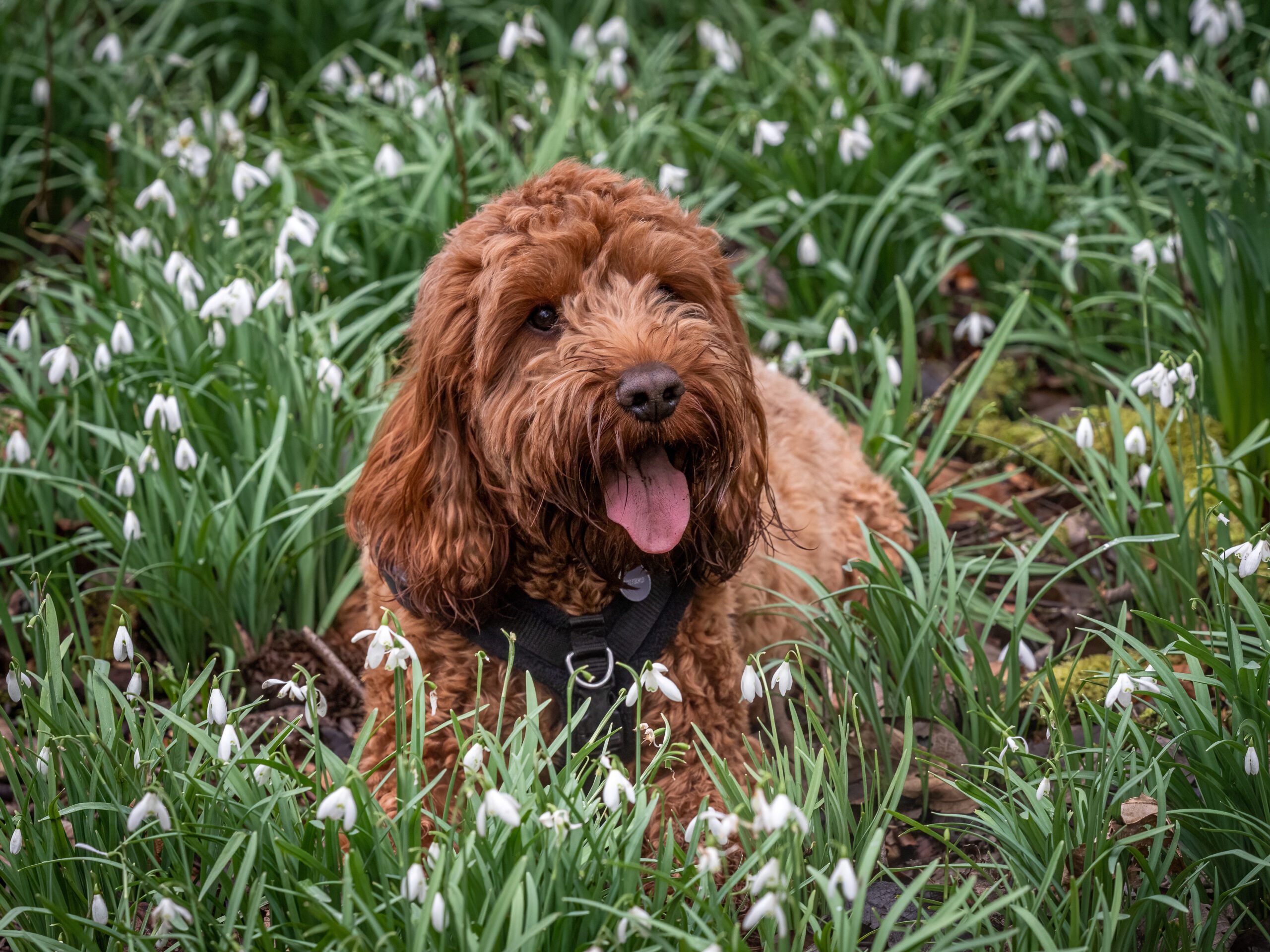
Are there any downsides to owning a Cockapoo? While these adorable dogs make wonderful companions, it’s important to understand the challenges before bringing one home. Read on to discover the common problems with the breed and the potential behavioural traits that may surprise you.
1. Common problems with Cockapoo health
As a crossbreed, Cockapoos can inherit health issues from both the Cocker Spaniel and the Poodle. Here's what you need to know:
Joint and mobility issues are relatively common in the breed. Hip dysplasia (where the hip joints don't fit correctly) and luxating patellas (slipping kneecaps) can affect your Cockapoo's quality of life and mobility as they age.
While poor breeding practices increase the likelihood of these conditions, they can also appear in carefully bred litters. This is why choosing a responsible breeder who screens for these problems and breeds from dogs with healthy hip scores is absolutely essential.
Ear infections are another frequent concern. Those gorgeous, dangly ears create the perfect warm, moist environment for bacteria and yeast to thrive. The problem intensifies when combined with digestive issues, as yeast overgrowth in the gut often manifests in the ears.
Digestive sensitivities affect many Cockapoos, ranging from fussy eating and loose stools to skin irritation and excessive itching. Many owners believe their Cockapoo is allergic to certain foods, but the reality is often more complex.
What many people don't realise is that digestive health is directly connected to behaviour. Gut problems are closely linked to noise sensitivity, resource guarding, and separation anxiety, which brings us to our next challenge.
2. Are Cockapoos badly behaved?
Cockapoos aren’t badly behaved by nature, but they do come with breed-specific tendencies that can become problematic without proper management.
Separation anxiety is the number one behavioural challenge for Cockapoo owners. These dogs have been bred to be intensely human-focused - more so than many other breeds. This creates the famous “velcro dog” tendency that most Cockapoo owners recognise immediately.
Add in the fact that people can’t resist picking up and cuddling these adorable dogs, and you have a recipe for a pup who struggles to cope without constant human attention. Isolation distress and separation anxiety are genuine welfare concerns for this breed.
Resource guarding is surprisingly common in Cockapoos. The breed’s retrieving heritage means holding objects in their mouth is completely natural - as instinctive as singing is to a bird. However, early mistakes with puppies, poor breeding practices, and digestive issues can combine to create guarding behaviours around toys, food, and household items.
Some Cockapoos may also develop what’s known as Cocker Rage Syndrome, a condition inherited from the Cocker Spaniel side.
Noise sensitivity is another issue. Despite having large ears, Cockapoos are highly sensitive to sound. When combined with gut problems, this sensitivity can escalate into fearful or reactive responses to everyday noises, sudden sounds, and loud environments.
Not sure if your Cockapoo is fearful or anxious? Read here
3. Noise sensitivity and reactivity
Noise sensitivity is a widespread problem in Cockapoos that often catches owners by surprise. Despite having large ears, Cockapoos are highly sensitive to sound. When combined with gut problems, this sensitivity can escalate into fearful or reactive responses to everyday noises, sudden sounds, and loud environments.
This isn't just about fireworks or thunderstorms, many Cockapoos struggle with doorbells, traffic, household appliances, and even children playing. The connection between digestive health and noise sensitivity means that managing your Cockapoo's gut health can actually improve their emotional resilience to sound.
Without proper desensitisation and management, noise sensitivity can severely impact your dog's quality of life and limit where you can take them.
4. High training and mental stimulation needs
High intelligence requires high investment. The Cocker Spaniel and Poodle genes create a highly intelligent, highly trainable breed but intelligence without direction leads to chaos. Without proper training and mental stimulation, Cockapoos can become unruly, destructive, and seem to have endless energy that never runs out.
All prospective owners must be prepared to invest significant time into training, starting with an expert puppy class and continuing with activities like agility, scent work, hoopers, or gundog training. Your Cockapoo's brain needs as much exercise as their body.
This isn't a breed that will be content with a quick walk around the block. Cockapoos need daily mental challenges, training sessions, and enrichment activities to prevent boredom-related behaviours like excessive barking, digging, and destructiveness.
The time commitment starts from day one with your puppy and continues throughout their entire life. If you work long hours or have a busy lifestyle, this breed may struggle without adequate mental and physical stimulation.
5. What about the money investment of owning a Cockapoo?
Beyond the behavioural and health challenges, there are two significant ongoing costs that every prospective owner must consider:
Professional grooming is non-negotiable. Depending on your Cockapoo's coat type, you'll need professional grooming every 6-8 weeks. Curly coats require grooming every 6 weeks without exception, while straighter coats can stretch slightly longer between appointments.
A single groom typically costs around £50, with additional charges if the coat is matted or your dog finds grooming stressful. Over a 15-year lifespan, you're looking at £4,000-£6,500 in grooming costs alone and that's assuming no complications.
Home maintenance is essential between professional grooms. Cockapoos love to fulfil their gundog instincts by running through undergrowth and getting gloriously muddy, which means regular bathing and brushing at home to prevent matting and keep their coat healthy.
You'll need to invest in quality grooming tools, learn proper brushing techniques, and dedicate time several times per week to coat maintenance. Neglecting this can lead to painful matting, skin issues, and significantly higher grooming bills.
Still decided a Cockapoo is right for you? Understanding these 5 challenges means you'll be prepared to give your Cockapoo the life they deserve.
Remember: every challenge listed here is manageable with the right knowledge, commitment, and support. That's exactly what I'm here to provide.
Start by joining my Facebook Group - Training Advice for Cockapoos
Supporting Blogs:

Teaching Your Cockapoo Puppy to Use Toilet Training Bells
Resources:
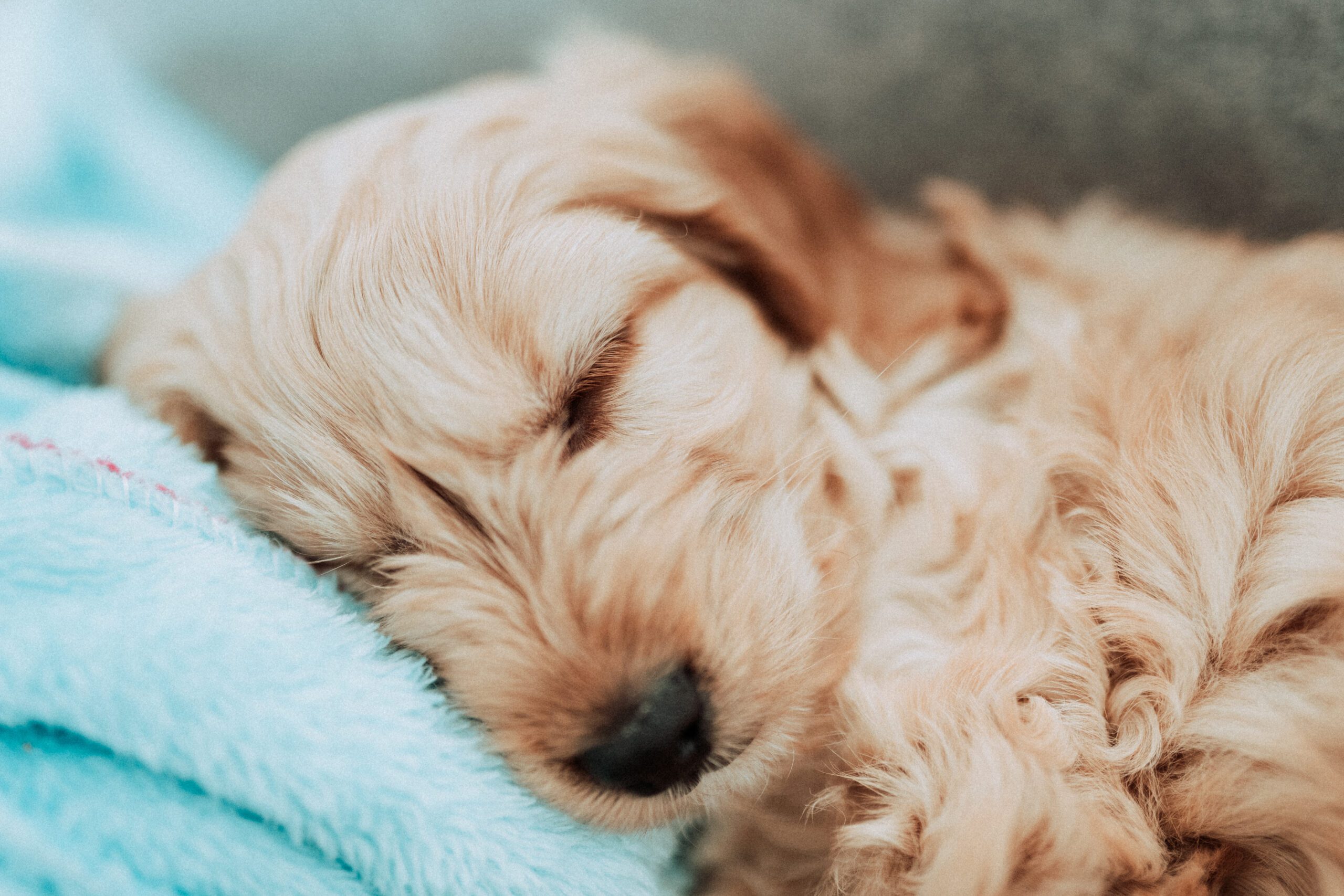
The Calm Puppy Reset: Helping Your Cockapoo Puppy Settle, Focus, and Feel Safe
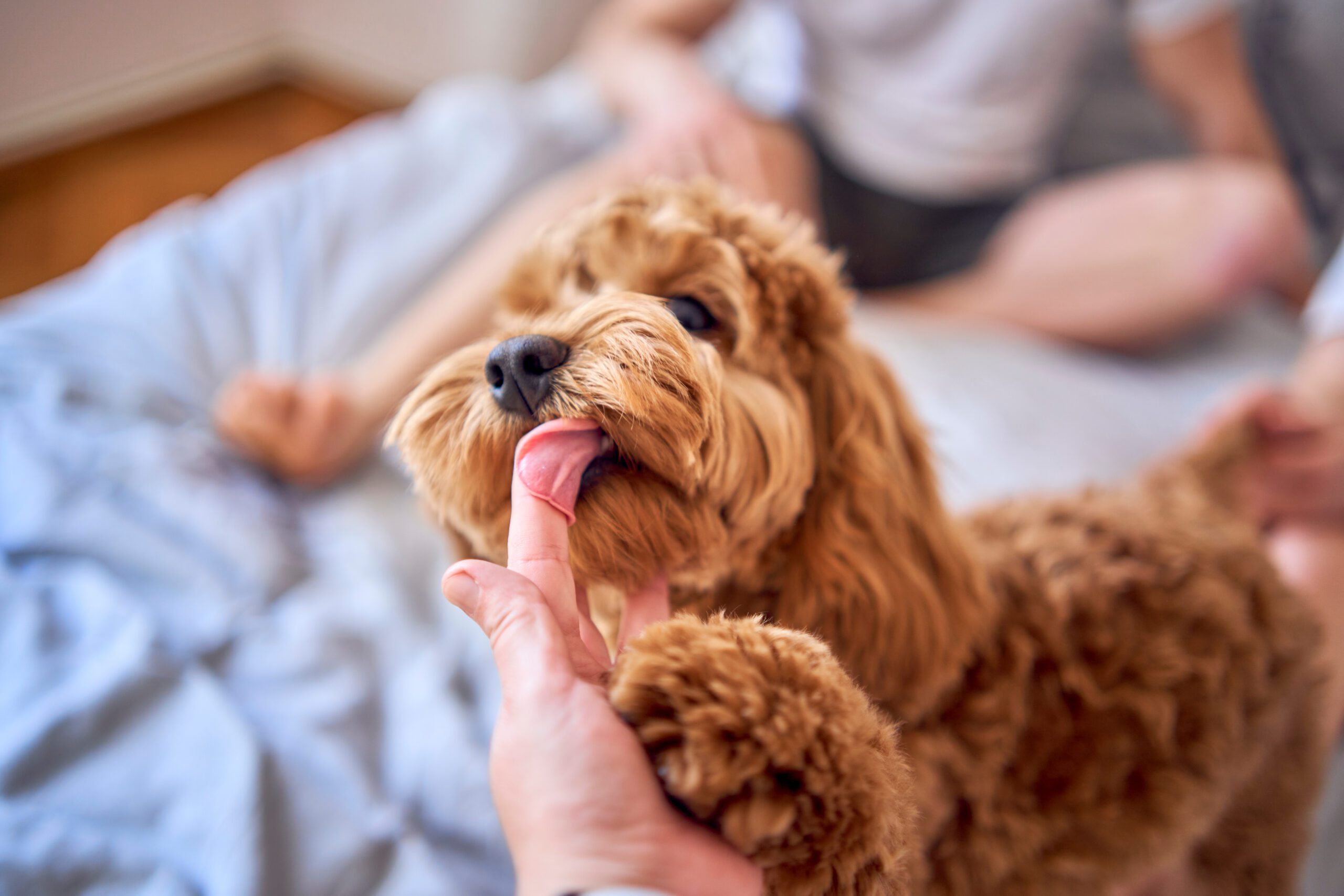
Help! My Puppy is a Landshark Webinar
Freebies:
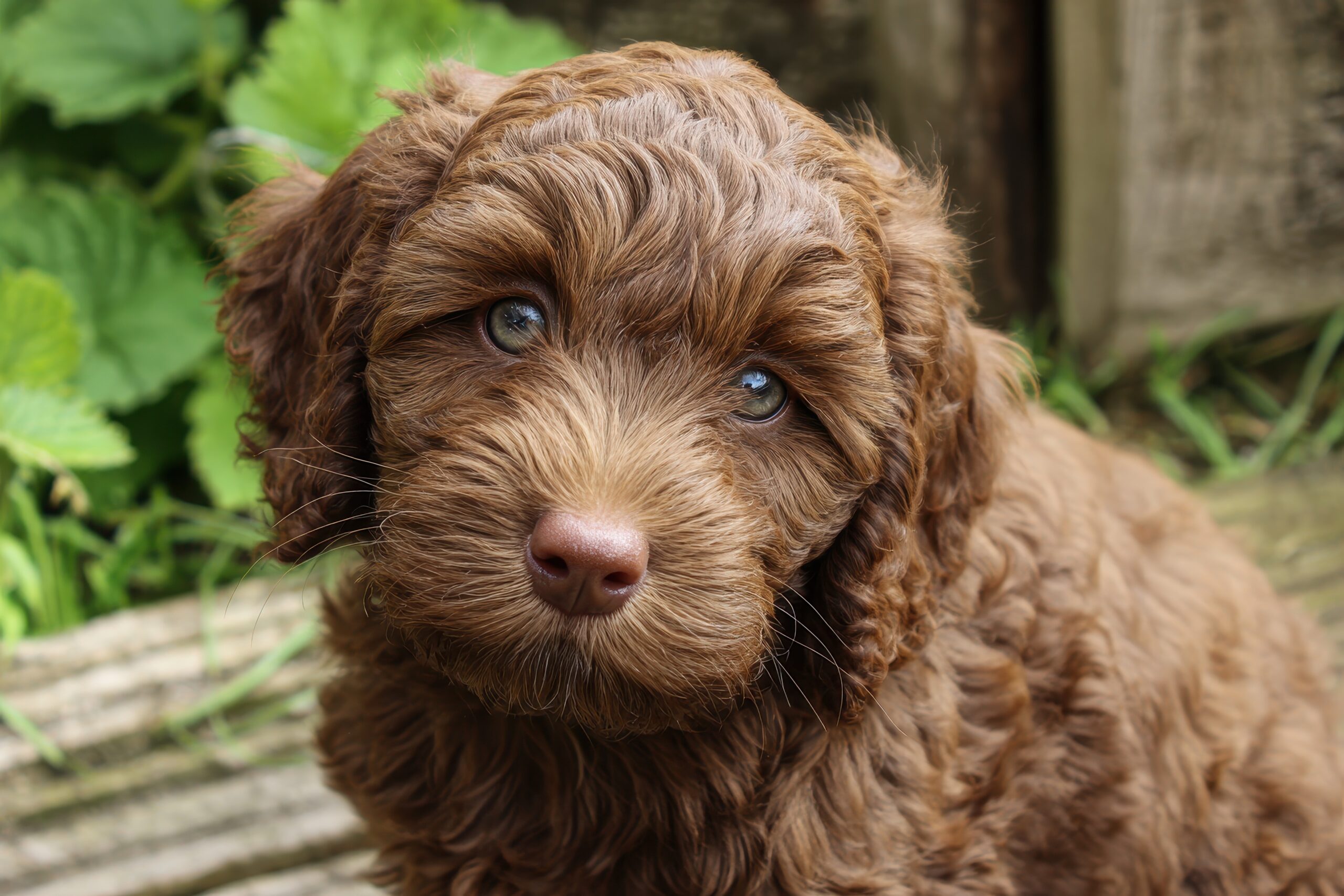
The Cockapoo Puppy 7 Day Guide
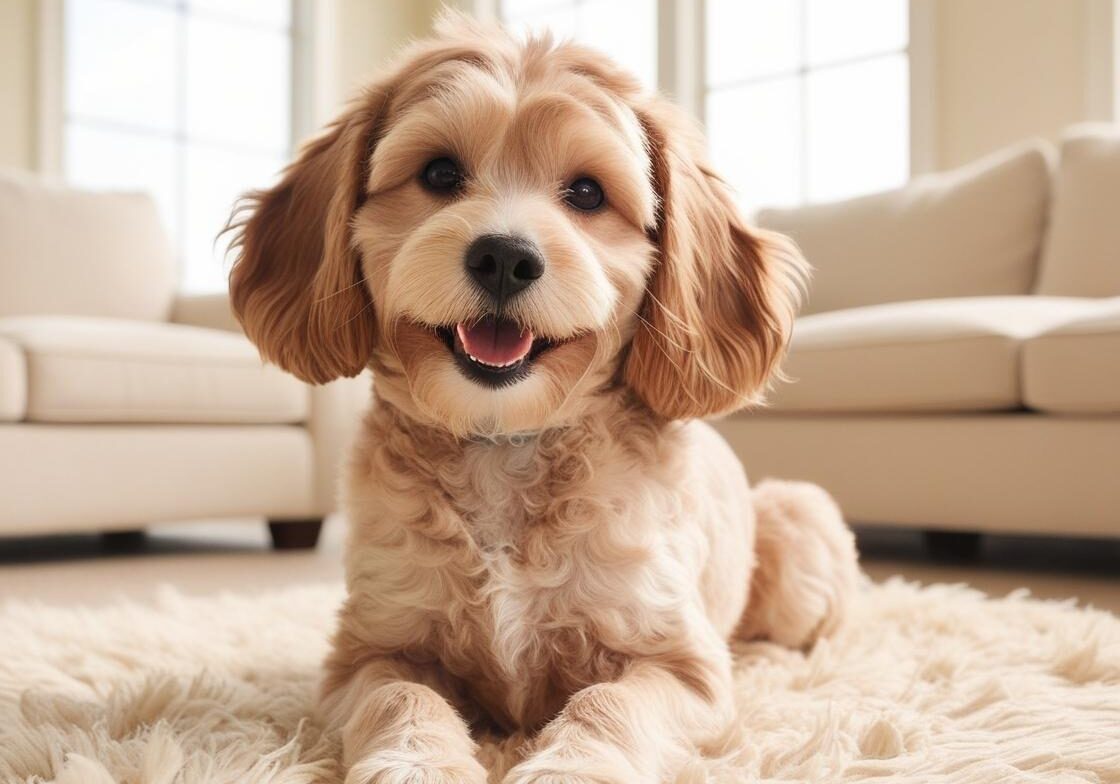
3 Minute Morning Reset Guide
